I am writing an simple file downloader with a help of libcurl. Here's the code for downloading the file from HTTP server:
static size_t WriteCallback(void *contents, size_t size, size_t nmemb, void *userp) {
((std::string*)userp)->append((char*)contents, size * nmemb);
return size * nmemb;
}
std::wstring result; //result with polish letters (ą, ę etc.)
CURL *curl;
CURLcode res;
std::string readBuffer;
curl = curl_easy_init();
ERROR_HANDLE(curl, L"CURL could not been inited.", MOD_INTERNET);
curl_easy_setopt(curl, CURLOPT_URL, url.c_str());
curl_easy_setopt(curl, CURLOPT_WRITEFUNCTION, WriteCallback);
curl_easy_setopt(curl, CURLOPT_WRITEDATA, &readBuffer);
curl_easy_setopt(curl, CURLOPT_SSL_VERIFYPEER, 0L);
curl_easy_setopt(curl, CURLOPT_SSL_VERIFYHOST, 0L);
curl_easy_setopt(curl, CURLOPT_HTTPAUTH, CURLAUTH_BASIC);
curl_easy_setopt(curl, CURLOPT_USERPWD, (login + ":" + password).c_str()); //e.g.: "login:password"
curl_easy_setopt(curl, CURLOPT_POST, true);
//curl_easy_setopt(curl, CURLOPT_ENCODING, "UTF-8"); //does not change anything
res = curl_easy_perform(curl);
curl_easy_cleanup(curl);
result = C::toWString(readBuffer);
return res == 0; //0 = OK
It works fine when the file I want to download is encoded as ANSI (according to e.g. Notepad++). But when I try to download the UTF-8 file (UTF-8 without BOM), I get an error with some characters (e.g. polish letters) due to encoding problem.
For example, I run the code for two files with the same text ("to jest teść to") and saved it to std::wstring. The result is from ANSI file and result2 (problematic) from UTF-8 version: 
Both files opened on server with e.g. Notepad++ displays the right text.
So, how can I get the UTF-8 file content with libcurl and save it to std::wstring with the proper encoding (so the debugger of Visual Studio will show it as to jest teść to)?